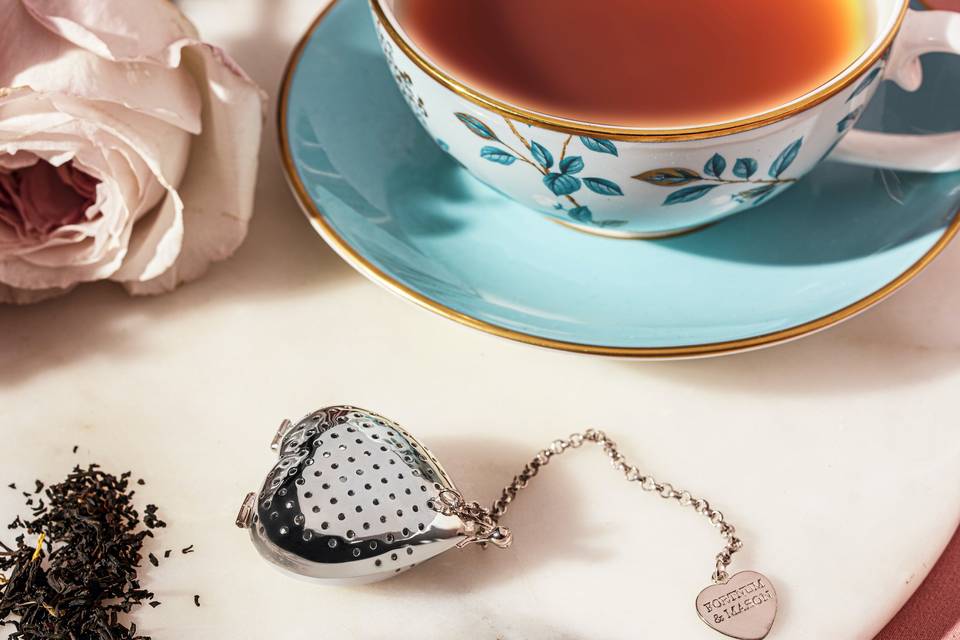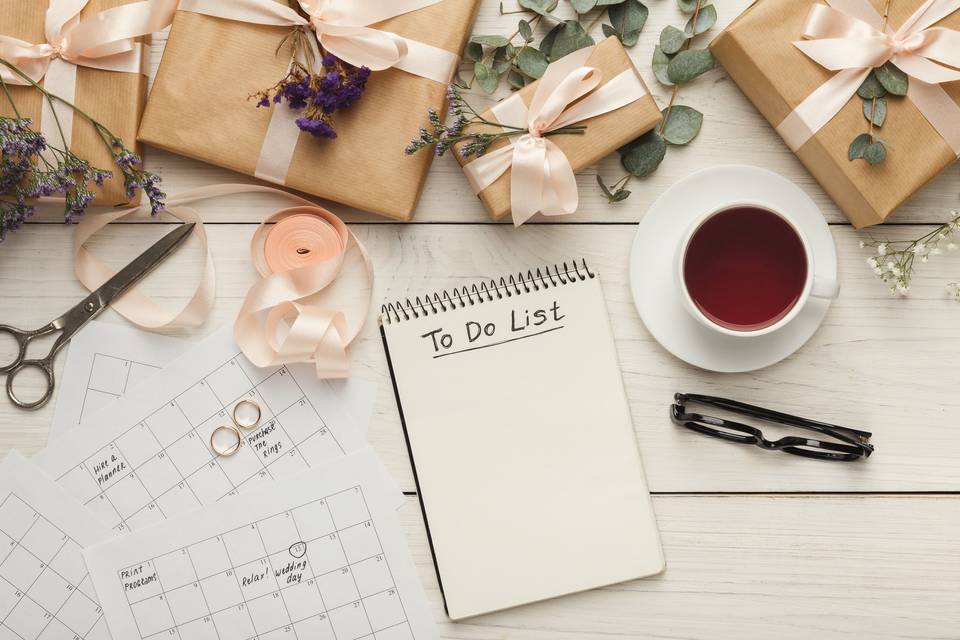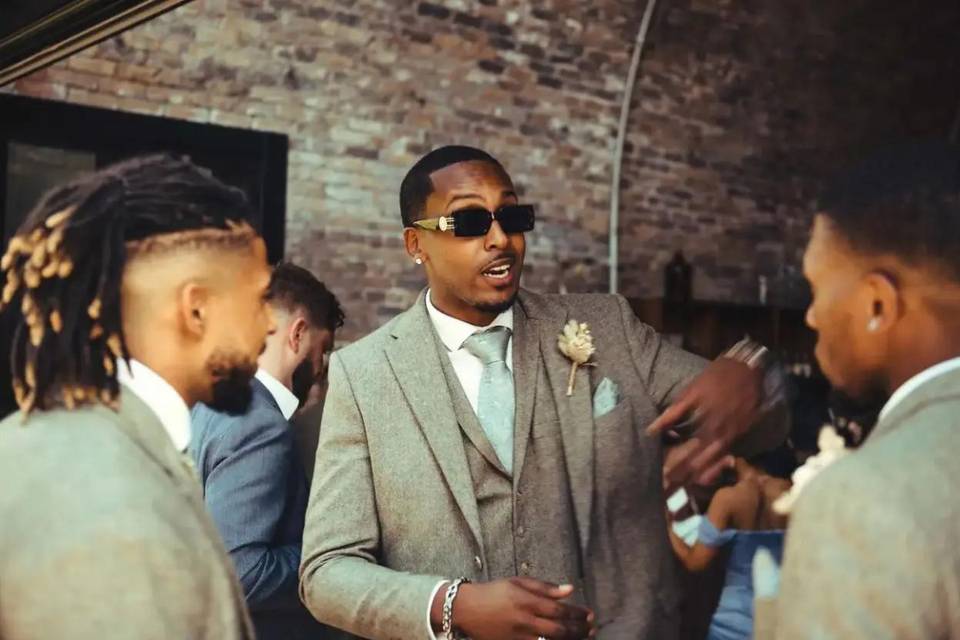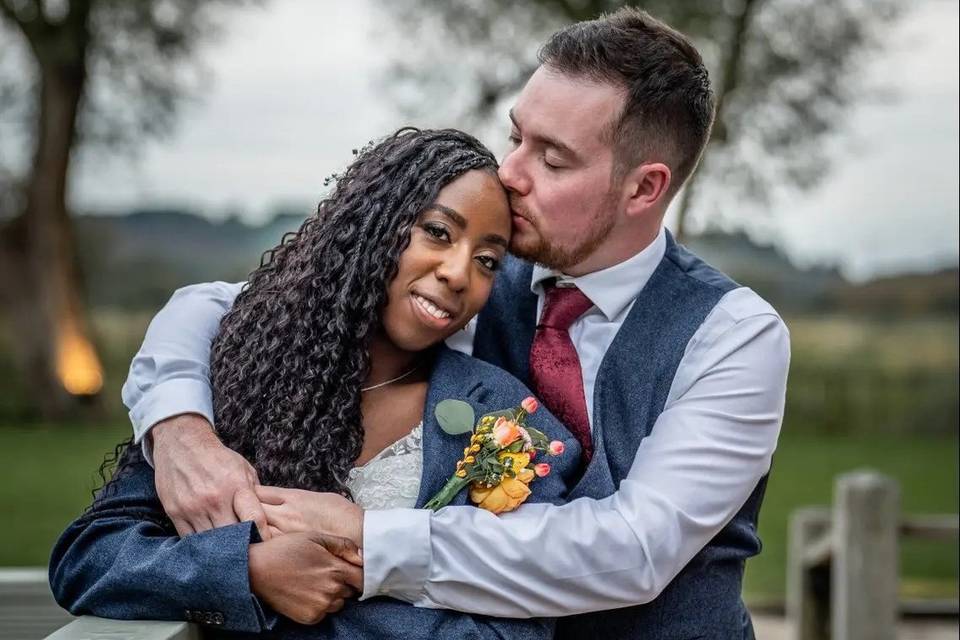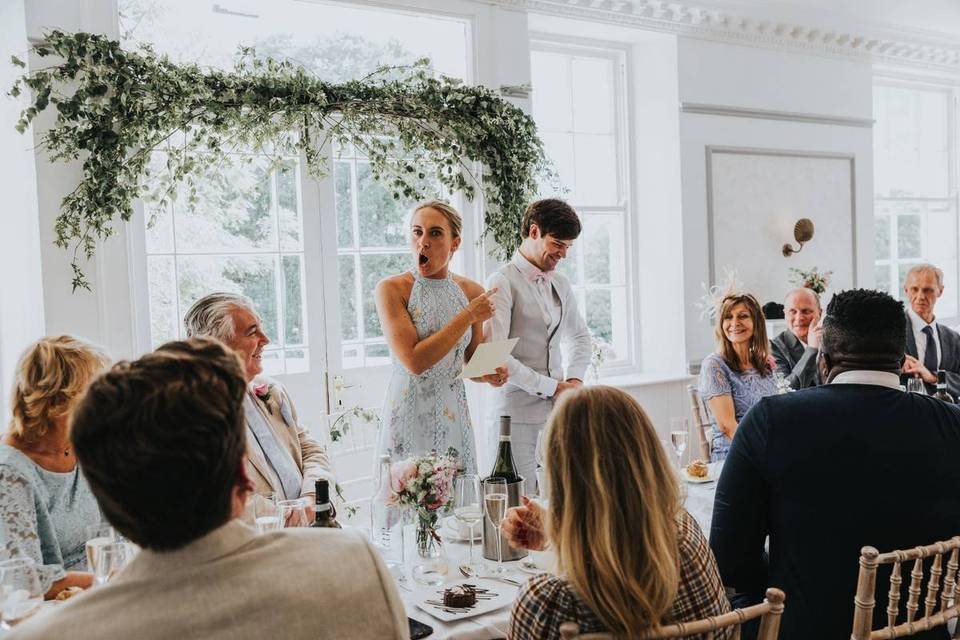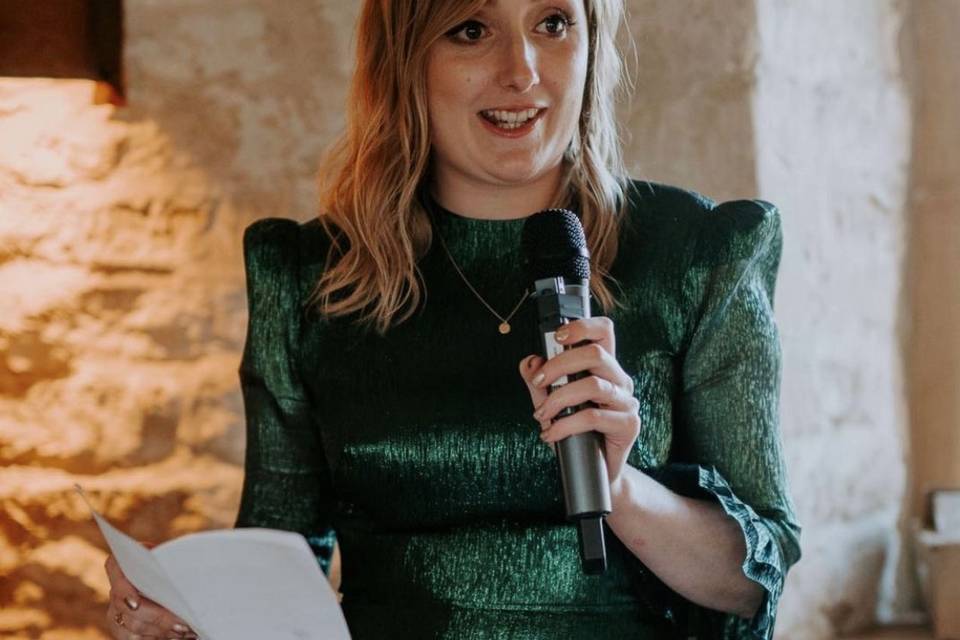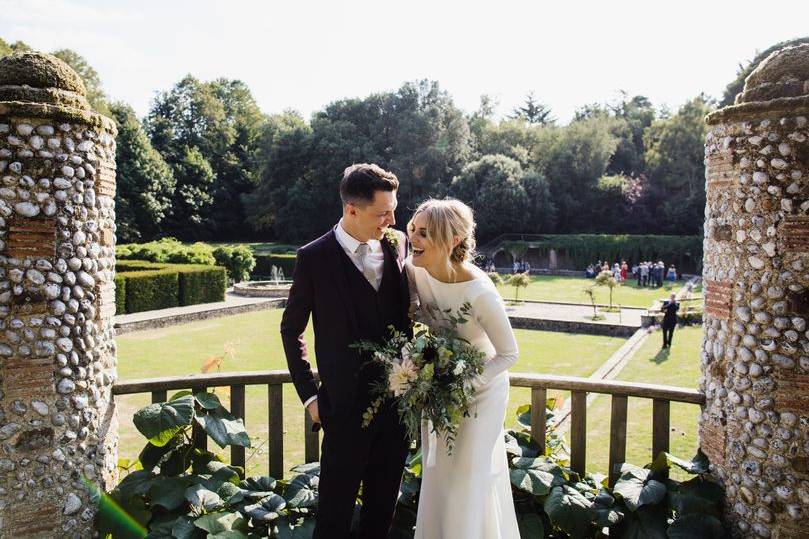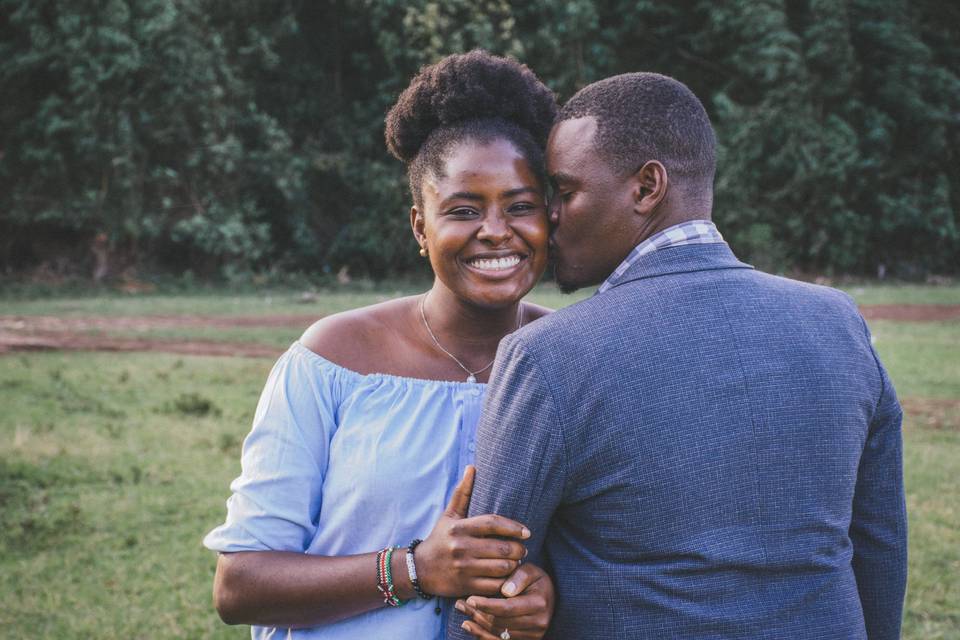A Complete Guide to Marriage Licences & Certificate: When to Apply & How to Do It
From giving notice to ordering your certificate, here's everything you need to know about marriage licences and tying the knot legally in the UK
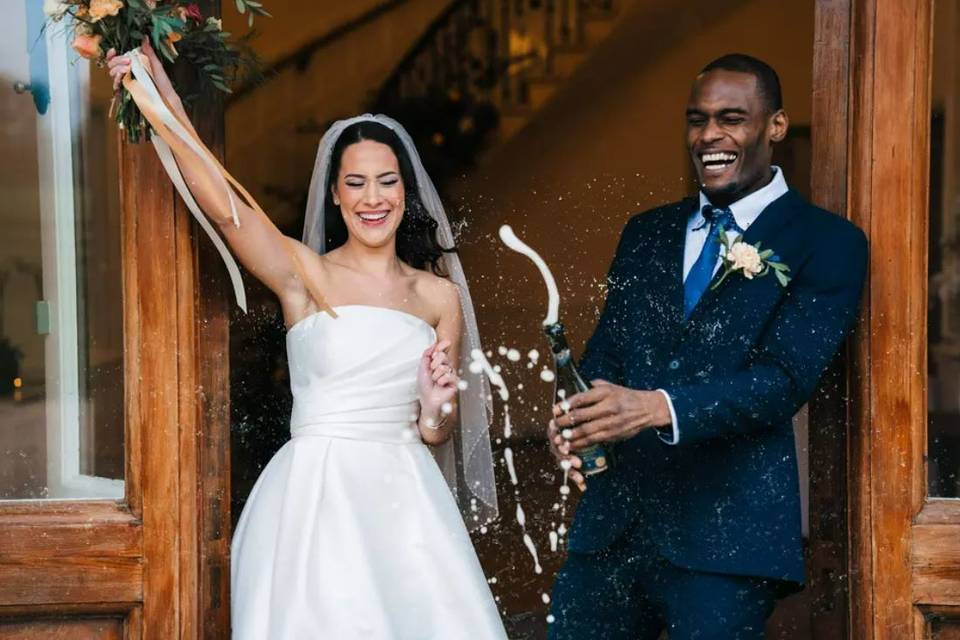

When it comes to the wedding planning to do list, there are plenty of fun things to do from wedding dress shopping to sampling cake flavours, but there's one aspect of getting married that seems to have people a bit confused - and that's the British wedding certificate and marriage licence process.
Applying for a marriage licence and getting your wedding certificate is the legal, official part of tying the knot, yet it's perhaps the bit that people seem to know the least about.
To see just how much people know about the marriage licence and certificate process, we took to Instagram. When asking Hitched users* about their weddings, a staggering 98% said they chose to marry legally (with a marriage licence and certificate) - which is huge!
However, in contrast, only 25% claimed to know how to apply for a marriage licence and certificate, with 75% of users admitting that they had to look up how to do it. 79% said they looked online for tips and ideas on how to apply for a marriage licence, and the remaining 21% said they asked their registrar or celebrant (12%) or their wedding venue (9%).
If you're part of that large percentage who aren't sure how marriage licences and certificates work, you've come to the right place...
A Complete Marriage Licence & Certificate Guide: How to Apply & What to Do
The process and costs of marriage licences and certificates in the UK can vary, so to help you out, we've written a complete guide to both, including everything you need to know about applying for a marriage licence and giving notice, as well as how to get your wedding certificate after you've tied the knot.
While it might seem confusing at first, the legal side really isn't that complicated once you've got your head around it. And to help you further, we've got a step-by-step guide to how to get married that'll help you get your timeline sorted, and a whole guide to when and how to give notice that makes the process clear and answers all your biggest questions.
So if you're unsure about what is meant by marriage licence, how to get a marriage certificate or what each of these cost, read on.
Marriage Licences: Everything You Need to Know
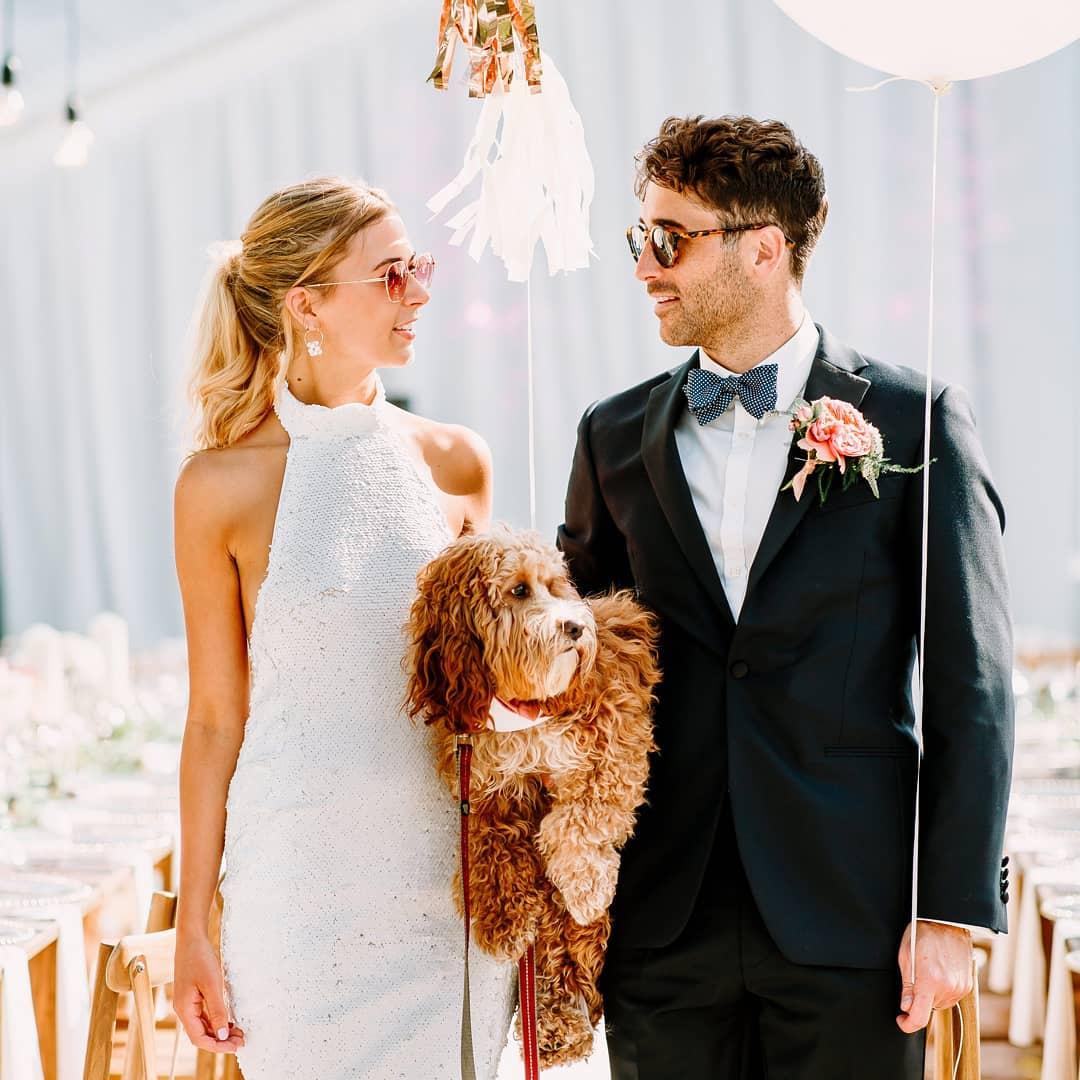
The term 'marriage licence' is actually American; in the UK, we 'give notice' to get married. You might hear the term being used in the UK because it's commonplace in TV shows and films, but it's important to know that you're not missing out on any special document - it just means you've given notice and your application has been approved by the Superintendent Registrar in your local district.
How Do I Apply for a Marriage Licence in the UK?
To be able to legally marry or enter into a civil partnership, there is a set process to follow to give notice. You can find our full guide here which includes all the documentation you need to bring and what register office you need to go to, but the basics are:
In England
- Book an appointment at your local register office at least 29 days before you wedding date. You'll have 12 months from the date you give notice to marry.
- Meet the Superintendent Registrar and present them with all your required documentation; they'll chat to you to make sure you're legally free to marry and know what you're agreeing to
- The registrar will put up a notice of your intention to marry on display in the register office. There is a 28 day statutory waiting period before you can hold your ceremony
- At the end of the month, the registrar will confirm you can marry and you can hold your ceremony.
In Wales
- As in England, you'll need to book an appointment with your local register office at least 29 days before your wedding.
- You'll give notice of your intention to marry, and there's a statutory waiting period of 28 days.
- The specific documents required may vary slightly, but generally, you'll need to provide proof of identity, address, and any previous marriages or civil partnerships.
- It’s important to note marriage licence fees can vary between local authorities in Wales.
In Scotland
- Contact your local registrar to schedule an appointment.
- You'll give notice of your intention to marry, and the statutory waiting period is typically 21 days, but it can be shorter in certain circumstances.
- Similar to other regions, you'll need to provide proof of identity, address, and any previous marriages or civil partnerships.
- Marriage licence fees can vary between local authorities in Scotland so keep that in mind.
In Northern Ireland
- Just like other regions you’ll first have to contact your local register office to schedule an appointment.
- You'll give notice of your intention to marry, and the statutory waiting period is typically 28 days.
- You'll need to provide proof of identity, address, and any previous marriages or civil partnerships.
- Marriage licence fees can vary between local authorities in Northern Ireland so be sure to check.
Can I Get a Marriage Licence Online?
No, not at the moment. You must give notice in person at your local register office. The government looked into allowing couples to give notice online during Covid lockdown, but there are no plans at present to change the way notice is given.
Are There Any Circumstances Where I Need a Licence to Marry?
There are situations in which you can be granted a special licence to get married, which is normally when you don't have the time or opportunity to give notice or read banns of marriage. These are the special licenses you can get, but they all require exceptional circumstances to be granted:
- Registrar General's Licence - this is granted to allow a marriage or civil partnership to take place when someone is seriously ill, not expected to recover and cannot be moved to a place where a ceremony would normally take place. Once the licence has been granted, the ceremony can take place at any hour of the day or night, within one month of the notice being taken. It usually costs around £15 for a registrar general's licence but this can vary between local councils. You'll also need to provide medical evidence that one of the engaged couple is not likely to recover
- Common Licence - in the Church of England, a common licence replaces the needs for banns to be read. It is unusual to need one but is normally granted when you have a connection to the church you want to marry at, but don't have time before the wedding for banns to be read three times. This was more common during Covid lockdown when churches were closed
- Special Licence - this is exceptional permission given by the Archbishop of Canterbury to get married outside your parish or in a place you don't have a legally-recognised connection to, e.g. the chapel of a school or college you used to attend. A special licence costs around £325
- Superintendent Registrar's Marriage Schedule - some couples marrying in the Church of England will need to apply for the superintendent registrar's marriage schedule (SRMS) rather than having banns read. This is commonly in situations where one of you is not a UK or Irish national and doesn't hold Settled or Pre-Settled status under the EU Settlement Scheme
How Long Does a Marriage Licence Last?
If you are authorised to marry by the Superintendent Registrar, you have 12 months from the day you gave notice to hold your ceremony. However, if you change your wedding venue, you will need to give notice again. Your notice is specific to the venue and details (such as name) that you first gave the registrar; you will need to pay the fee and wait another 29 days again if you change your venue.
How Much is a Marriage License in the UK?
You must pay a fee to give notice of your intention to marry or enter a civil partnership. The cost of a wedding licence in the UK is £35 per person or £47 if one or both of you is not a British national.
There are additional fees if you had a previous divorce granted outside of the UK: clearance of foreign divorce paperwork is £50 but goes up to £75 if the General Register Office needs to check them.
There are also late appointment and consultation fees with some councils, so it's worth checking your local council's website to see what additional fees they may charge.
The cost of a marriage licence is roughly the same in Wales, Scotland, and Northern Ireland; however, some local offices may charge slightly different fees. It's always best to contact your local register office for the exact fees and any additional charges that might apply in your specific case.
Wedding Certificates: A Complete Guide
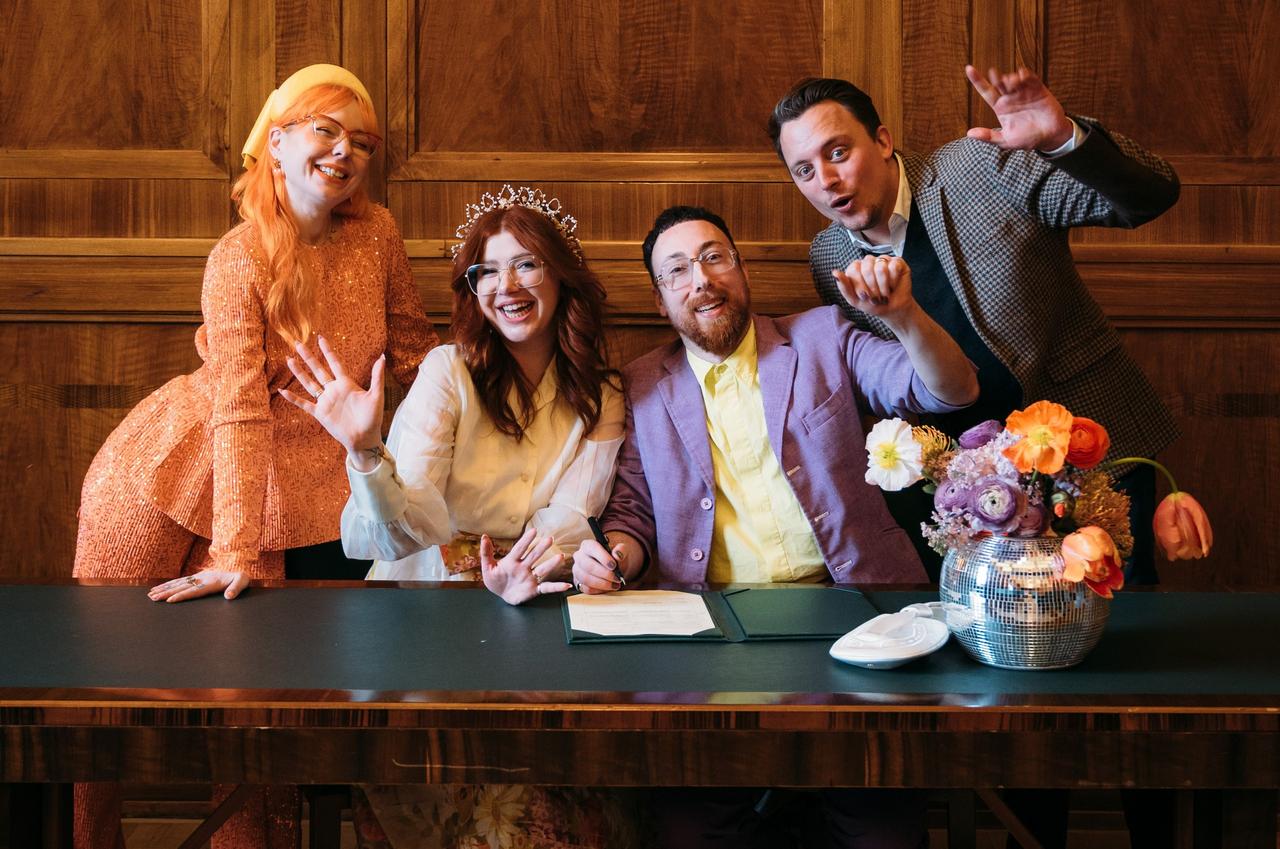
While you give notice to marry before your wedding or civil partnership, your marriage certificate is granted after your wedding is registered following the ceremony. This piece of paper is your proof the marriage took place, and you need to keep it somewhere safe.
How Do I Register My Marriage?
The process for registering your marriage in England and Wales changed on the 4th May 2021 and might be different to what you expect.
You will still exchange legal declarations with your partner during the wedding or civil partnership ceremony, but you will no longer sign the marriage register at the ceremony. Instead you will sign a marriage document, known as a Schedule, that the registrar/minister/vicar will bring with them to the ceremony.
It will contain your details such as names, dates of birth, marital status, occupations, addresses and where the marriage took place, which are all taken from your notice to marry. The change in May allowed couples to enter all their parents' details too as previously just the father's details were included.
You, your witnesses and the registrar will all sign the Schedule at the end of the ceremony and that information will be entered into the electronic marriage register by the registrar after your wedding.
You will not get a marriage certificate on the day of your ceremony. The certificate will be issued within seven days of the information being entered onto the electronic register.
Your registrar, minister or vicar has 21 days following the ceremony to enter this information into the register and there is a fine if it is not done within this time period, so get confirmation from them ahead of the ceremony when they plan to enter the schedule onto the register!
How Do I Get My Marriage Certificate?

You are not automatically sent a marriage certificate; you will need to order one from the register office of the district you married in.
The certificate will be issued within seven days of your marriage being electronically registered, then you will need to apply to the register office by telephone, post or online to get a copy sent to you. The cost of a marriage certificate is £12.50 and the certificate will be sent to you by post within 10 working days of payment being received.
Speak to your local register office about how they allow marriage certificate applications - some require you to send in a self-address envelope, others have an online form and will send it to you free of charge.
How Much Does a Wedding Certificate UK Cost?
Your wedding certificate costs £12.50 if you order it on the day of registration, and this a flat fee across all register offices. If you want a copy of your marriage certificate by post, it also costs £12.50, but you can get an express copy within 24 hours for £36.50.
The cost of a marriage certificate may vary slightly between England, Wales, Northern Ireland, and Scotland. It's always best to contact your local register office for the exact fees and any additional charges that might apply in your specific case.
Do I Need to Order Our Marriage Certificate?
It might seem like a bit of a hassle not getting one on the day, but yes, you need to order a copy of your marriage certificate. Your certificate will be required for lots of legal documentation, especially if you are changing your name. You'll need it to change your names on your bank accounts, insurance and passport, for example.
How Many Marriage Certificates Do I Need?
Legally, you only need one copy of your marriage certificate, but there are situations where you may want to have more than one copy available.
Planning on change your name after marriage? Name changing specialists NameSwitch
Even if you are not changing your name, you will need proof of your marriage for things like visa applications, applying for finance as a couple and adoption applications.
What Do I Do If I Lose Our Marriage Certificate?
You can order a marriage certificate at any point. You will need to pay the fee again, but all the information from your ceremony is stored at the General Register Office so you don't need to fill in your forms again.
For more information and all the latest guidelines, head to the Citizens Advice 'Getting Married' page.
At the start of your planning and getting your head round the lingo? Here's our ultimate month-by-month wedding planning checklist.
*Instagram poll of 534 users conducted on 27th August 2023.

